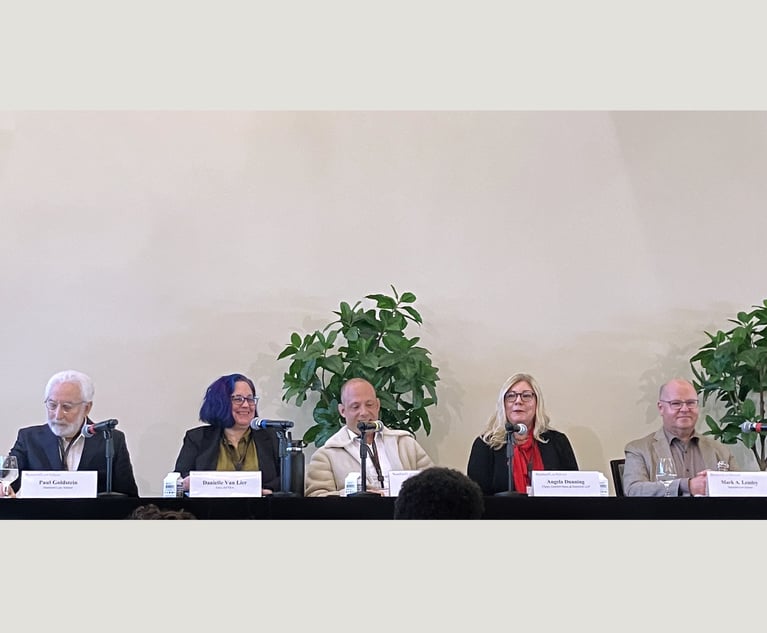Americans with Disabilities Act website lawsuits are all the rage in Florida, California and New York state, but lawyers say a new phenomenon is emerging. Specifically in Florida, plaintiffs are tacking on trespass claims to their ADA lawsuits to obtain monetary damages.
To be sure, lawyers have noted a significant uptick in claims alleging websites aren’t ADA compliant. With no slowdown in sight, plaintiff attorneys have lodged ADA claims at websites owned by Domino’s, Beyoncé and many others. In response, most companies settle out of court to avoid costly litigation, but observers say plaintiffs in Florida have a new tactic to encourage higher settlements.








